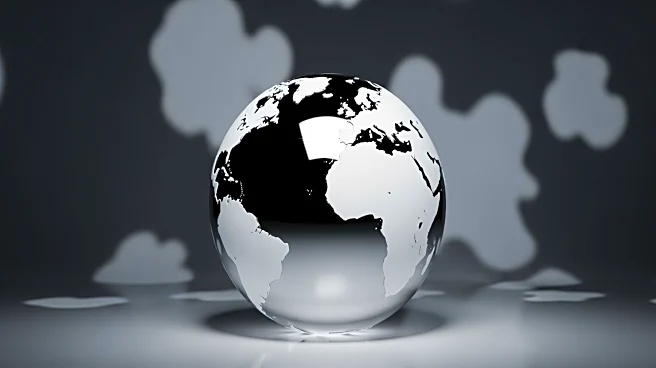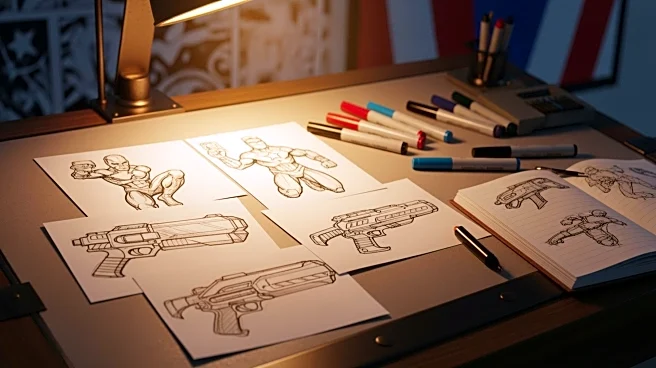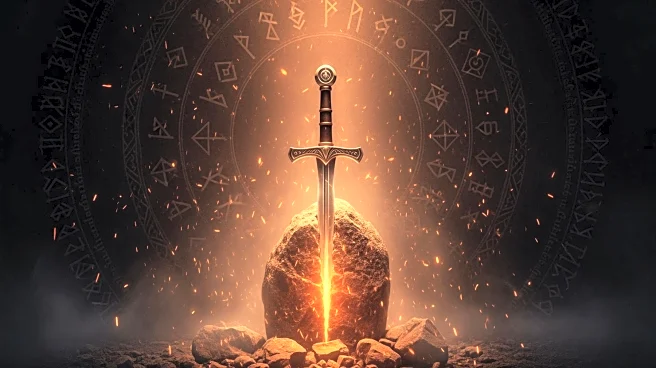What's Happening?
President Trump recently presented a printed list during a CBS interview, claiming to have resolved several international conflicts since his tenure began. The list, derived from a Department of State
tweet, includes conflicts between countries such as Cambodia and Thailand, Kosovo and Serbia, and Israel and Iran, among others. Trump emphasized his role as a 'peacemaker-in-chief,' despite not receiving the Nobel Peace Prize, which was awarded to Venezuelan opposition leader Maria Corina Machado. Critics have questioned the validity of Trump's claims, noting ongoing tensions in many of the regions he mentioned.
Why It's Important?
The claims made by President Trump highlight the ongoing debate about his foreign policy achievements and their impact on international relations. While Trump positions himself as a key figure in global peace efforts, critics argue that many of the conflicts remain unresolved or were not significantly influenced by his administration. This situation underscores the complexities of international diplomacy and the challenges in achieving lasting peace. The skepticism surrounding Trump's claims may affect his political standing and influence future diplomatic engagements.
What's Next?
As President Trump continues to assert his peacemaking credentials, it is likely that both domestic and international scrutiny will intensify. Analysts and political opponents may further investigate the actual outcomes of the conflicts listed by Trump. Additionally, the administration's ongoing military actions, such as those in the Caribbean Sea, could face legal challenges, potentially impacting U.S. foreign policy and military strategy.
Beyond the Headlines
The broader implications of Trump's claims involve the ethical considerations of political leaders taking credit for complex international issues. The narrative of a single leader resolving global conflicts may oversimplify the intricate dynamics at play, potentially influencing public perception and policy decisions. This situation also raises questions about the role of media and political rhetoric in shaping international relations.










